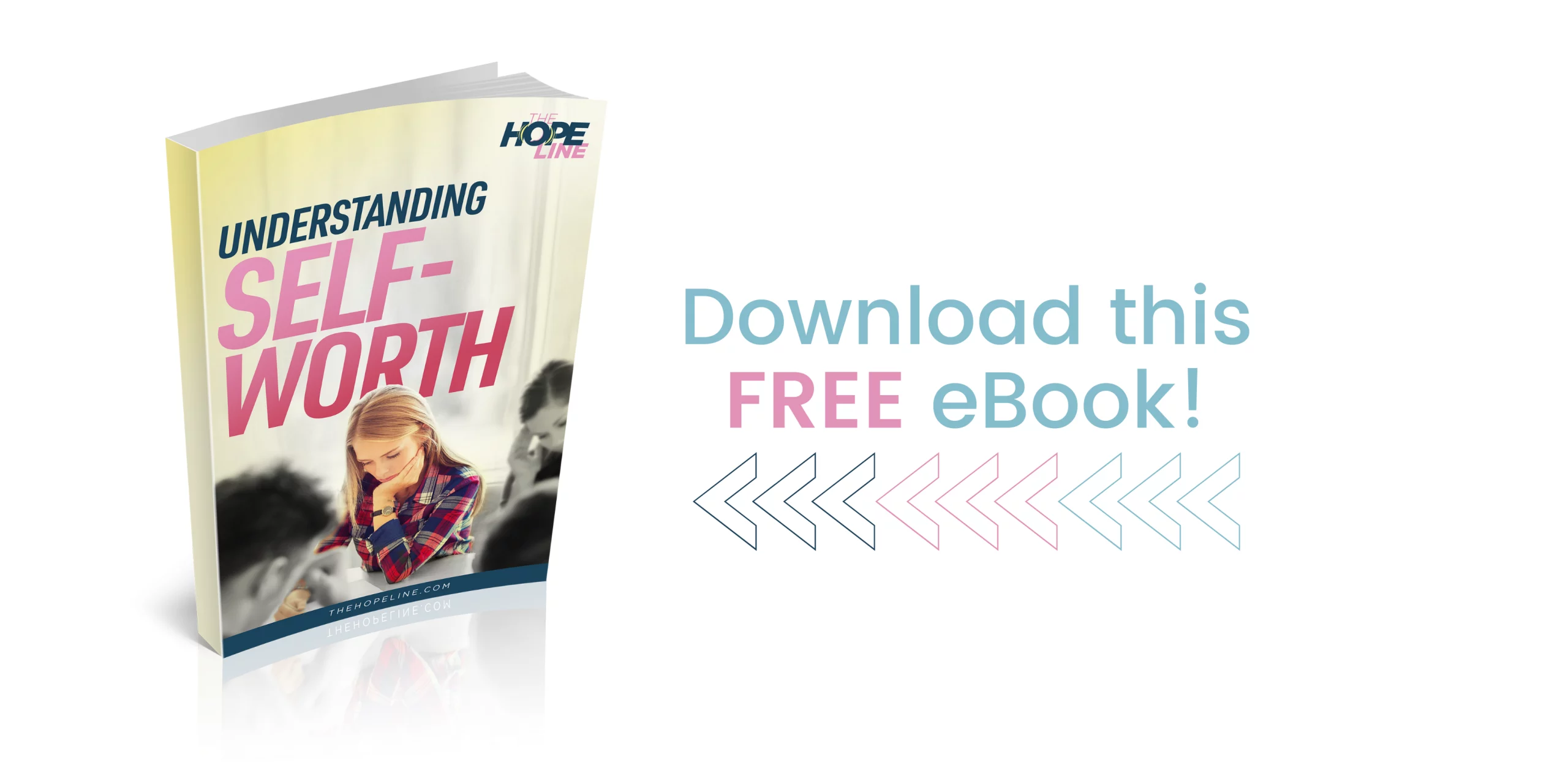There have been plenty of times I’ve messed up in my friendships, in my marriage, or with people at work. Often, after a difficult conversation or interaction with someone, I get that strange feeling in the pit of my stomach. I can sometimes get stuck in a rut of asking why things went the way they did, or what I could have done differently.
Can you relate?
Feeling guilty can get overwhelming. It can make us fearful or insecure in our relationship if we’re not careful about how we discuss and manage our emotions.
Guilt is a tough emotion. But there’s good news amidst difficult situations that make us feel guilty. Sometimes guilt can be good for us.
Understanding the Purpose of Guilt
Emotions are not wholly bad or wholly good. It all depends on how we express them, how we manage them, and what we learn from them. Guilt is no different.
When I remember why guilt happens, it can help me feel better about having a healthy amount of guilt.
Guilt can provide us with an emotional signal that something we have done or are considering doing goes against our beliefs and our conscience. When you feel guilty, ask yourself:
- What situations make me feel this way?
- Is there something about how I responded to this person, situation, or conversation that made me go against my conscience?
- If so, how can I learn from that and make a better choice next time?
We all mess up from time to time. The trick is understanding why those mess-ups happen and making an effort to do better next time.
Remembering God’s Forgiveness
When I have felt trapped by an overwhelming sense of guilt, it can sometimes turn into more negative emotions that take a toll on my self-esteem. That’s when I have to stop and remember: God loves me, and his love is unconditional.
When I come to him in prayer about my sins and my struggles and ask Him for help to change my heart and mind, He works in amazing ways. God forgives me, God heals me, and God gives me the courage to admit to others where I’ve gone wrong, and ask their forgiveness, too.
What to Do if You’re Bogged Down by Guilt
Even if you spend time in prayer whenever you feel guilty, and even if you make an effort to understand your guilt, it’s not going to disappear overnight. And depending on how long you’ve let guilt take control, you may feel like you need help getting out from under it.
I understand. In times like that, remember: you are not perfect and you don’t have to be. No one who loves you expects perfection from you. And many times people are more forgiving toward us than we realize or expect.
If the situation that caused your guilty feelings just happened, or caused a lot of hurt to someone, it may take time for them to feel comfortable opening up to you again. But that doesn’t mean the relationship is doomed. Give them time and space to cool off and figure out how to talk about their feelings. In the meantime, try to spend time with other people who can strengthen and encourage you.
Don’t forget to talk about how guilt makes you feel with mentors, your pastor, or anyone you trust. Putting things into words is an important step toward finding the clarity and guidance you need to break free from overwhelming guilt. And you’re never alone in your feelings. There are always people who want to support you, people who know just how you feel and want to provide a listening ear to help you understand and learn from your guilt. We can get through this together!
Is the shame of guilt making you feel worthless? Learn how to silence the shame here.



